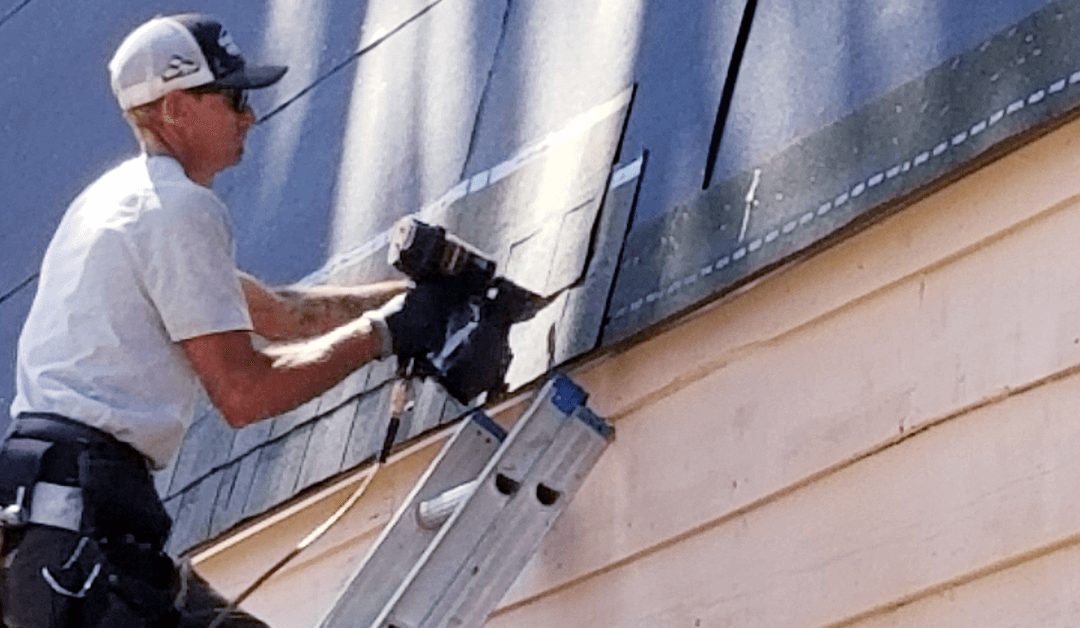Roofing nails are vital pieces of any roofing installation. They often have flat, large heads, sharp tips, and small shanks. But are all roofing nails the same? No! Roofing nails are manufactured for holding pieces in place for years. And without them, roofers cannot install stable roofs. Why should you know the type of roofing nails you need for your installation? Failure to use the right nail can lead to loose shingles and loose underlayment. So, before heading to the store for your supply of nails, we’ve presented a guide to the types of roofing nails at SYL Roofing Supply to ease your stress.
A Guide To The Types Of Roofing Nails
What are the different types of roofing nails? The three primary types of roofing nails are:
- Smooth Shank- These types of nails have smooth shanks. They are the most common types of roofing nails, and they are often cheaper.
- Ring Shank- This is also called corrugated or annular roofing nails. Its shank has a circular ring. The rings are connected. The function of these nails is to give additional staying grip in the sheathing and shingles. An IKO test confirmed that the ring shank has precisely three hundred percent more strength than the smooth shank.
- Square Cap- These are utilized for fastening underlayment only. They are not for asphalt shingles. Instead of the regular circular head, they come with a square-shaped head. They can also be designed with either a round or smooth shank.
Length Of Roofing Nails
You can find roofing nails in varying sizes, usually from one to two inches. Roofers must utilize the right nail length, so that the object or the material is punctured well. Thus, you need to accurately plan out your shingle thickness, sheathing thickness, and nail length. So, what nails are used for roof shingles? You will need a 1-inch nail for 3/8 inches thick sheathing and architectural shingles. But when the building codes in the region you reside require more, you’ll need to settle with 11/4-inch nails. In addition, when you are using thicker shingles, you will be required to utilize longer nails to penetrate the OSB well. When installing hip and ridge shingles, you are required to use roofing nails half an inch longer. These types of nails will pierce in more shingle layers.
Roofing Nail Gauge
Typically, roof nails are available in three grades. These are 12, 11, and 10. The higher the gauge number, the thinner the nail. In North America, 12-gauge is the minimum allowed on roofs. Those that are 10 or 11-gauge are also allowed by some because they are sturdier and thicker. But, they can be more expensive. Make sure to keep it into an account that the length of your nails rests solely on the thickness of the shingles and sheathings utilized. Additionally, the cost of your roofing nails depends on several factors including, type, length, and material.
Contact Us
Since we have presented you with a guide to the types of roofing nails, what’s next? Contact us today for your nails, irrespective of the size, length, and thickness. You don’t have to worry about estimates; our professional suppliers at SYL Roofing Supply are waiting for you! For your wholesale supply of nails and asphalt architectural shingles materials, call us now!

